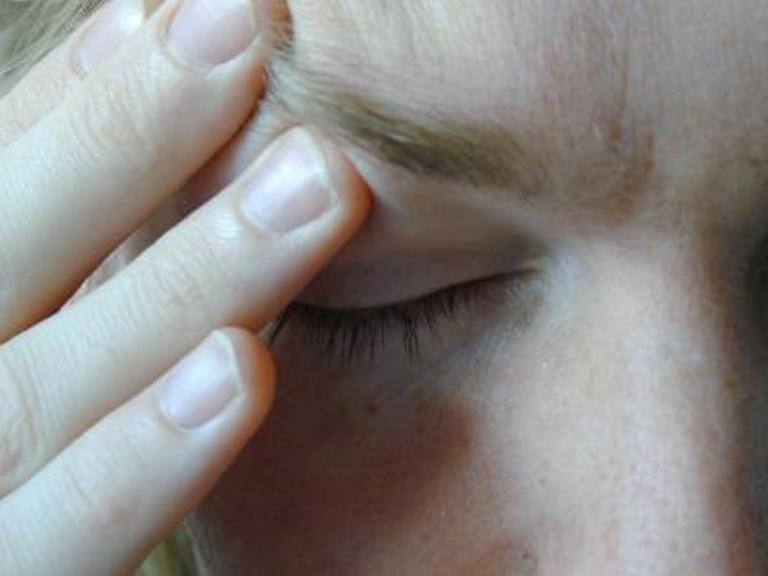emaxhealth.com. People who suffer with either episodic or chronic cluster headache sometimes turn to occipital nerve blocks for pain relief. A new study explored the effectiveness of greater occipital nerve block for individuals who have chronic cluster headache episodes.
Greater occipital nerve blocks
Briefly, a greater occipital nerve block involves injecting medication into one of the two greater occipital nerves, which run from the spine in the upper neck through the back of the head and into the scalp. Blocking the nerves temporarily stops pain signals to most of the top and back of the head.
The procedure is simple. A doctor injects a combination of steroids and a local anesthetic into the scalp near the trunk of the nerve. Within minutes the area becomes numb and the head pain disappears. Although the numbness goes away within a few hours, the steroids can control the pain for days, weeks, or even months.
New nerve block study
In this study, 83 individuals who suffered with chronic cluster headache and who had undergone greater occipital nerve blocks were evaluated. The authors defined responders as those who had a complete or partial response to the treatment that lasted at least seven days. They also analyzed a subgroup of the participants who had a series of greater occipital nerve blocks done at three-monthly intervals.
Here’s what the reviewers found:
- After the first nerve block was performed 47 (57%) of the patients had a positive response, and this included 35 who were free of pain and 12 who had a partial response
- The positive response lasted an average of 21 days, but the range was from 7 to 504 days.
- Six percent of patients experienced a worsening of pain
- Among the patients who were followed after receiving more injections, 31 of 37 (84%) were responders after a second injection, 20 of 28 (71%) after a third injection, and 10 of 14 (71%) after a fourth.
Complications associated with greater occipital nerve blocks are very rare since the needle remains outside the skull. When reactions do occur, they may include infection pain, bleeding, and an allergic reaction to the medications. Some people experience a temporary feeling of faintness.
These findings led the authors to conclude that this treatment option can be effective “with reproducible effects” in individuals who suffer with chronic cluster headache. Although greater occipital nerve blocks are not a cure, they “may have a useful role in the management” of pain in these patients.
Deborah Mitchell

























































